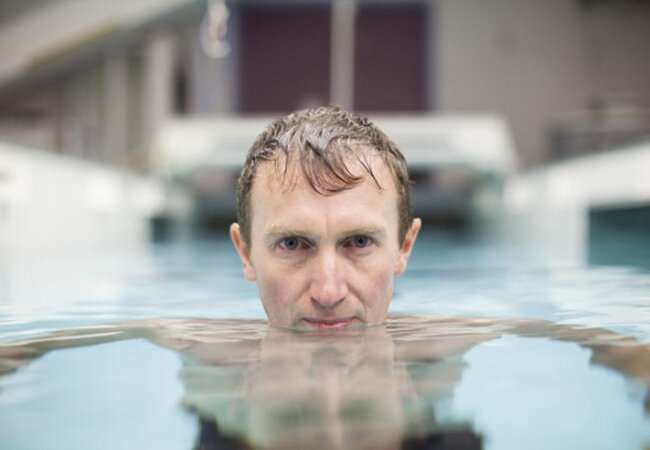
With summer water safety a key priority for the start of another school year, new research shows teaching water safety in a range of natural open water environments, in contrast to learning in a swimming pool, may be more beneficial for learning.
In a study conducted over the 2018 summer by University of Otago researchers, retention of important water safety skills was improved following teaching undertaken by experts in different open water environments.
Led by Professor Chris Button, dean of the School of Physical Education, Sports and Exercise Science, 120 children undertook a practical water safety program in ocean, harbor and river waters around Dunedin.
The children learned to evaluate risks in the different environments alongside some key skills like floating, getting in and out of water safely and how to fit a lifejacket properly.
Professor Button’s research has shown that while children can learn well in both pool and open water environments, the retention of water safety skills was best for those children who had been taught in open water.
“Learning water safety skills seems very much attached to the context in which they are taught, and that’s why we think learning only in the pool is problematic as most drownings around the world tend to occur in open water,” says Professor Button.
This new research and the important topic of skill transfer have been incorporated into a new academic textbook;, led by Professor Button and due to be published early next month.
He says the publication of this second edition of the book was necessary due to the rapid growth of skill transfer research in the last decade.
https://youtube.com/watch?v=2frMyWDKVpA%3Fcolor%3Dwhite
“An important message from the book is that children need to experience a broad spectrum of activities to help develop transferable skills.
“Given increasing distractions for children in the 21st century it is important that their physical education has a firm foundation.
“The essence of our water safety research is that learning new skills in different environments allows the development of transferable skills that can be applied to different contexts more readily.”
One of the arguments against the closure of school pools, as the traditional place of water safety learning across New Zealand, has been the potential negative impact on water safety.
However, Professor Button says New Zealand is fortunate to have easy access to alternative learning places such as lakes, rivers, and the ocean.
“These types of environments are already used by other countries that don’t have easy access to swimming pools, and our study highlights the value of them as places of learning.”
While Professor Button’s research has shown that teaching in open water is beneficial for skill retention, he also says children develop competence and learn to evaluate their own boundaries when playing and learning in nature.
“We want to teach Kiwi kids to be safe for the diversity of water environments and conditions they may engage with, which can all change quickly and dramatically in this country.”
Source: Read Full Article